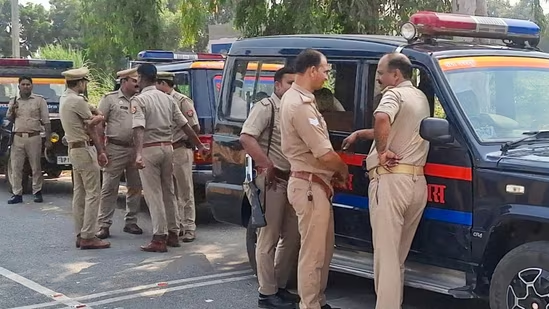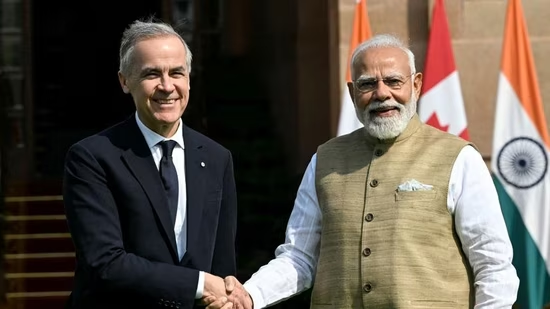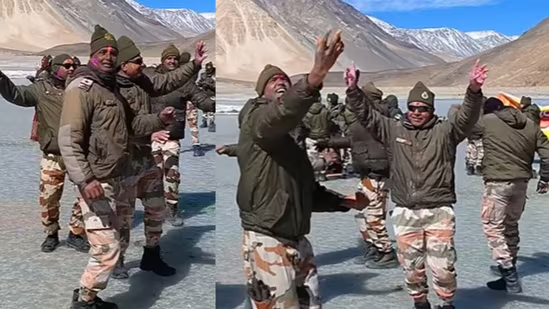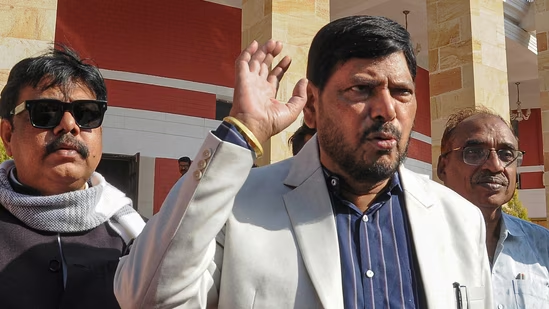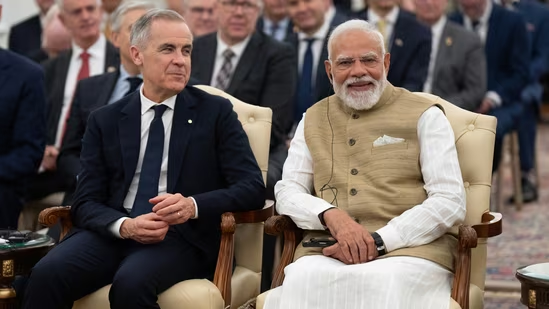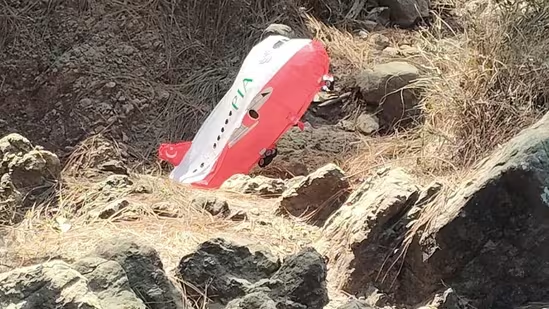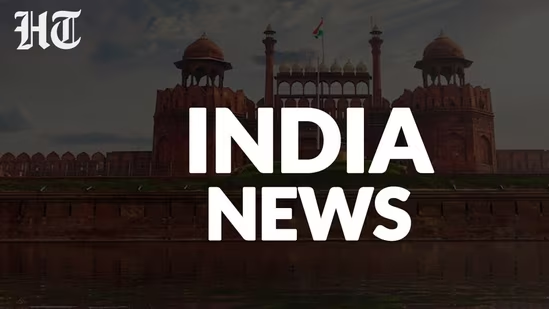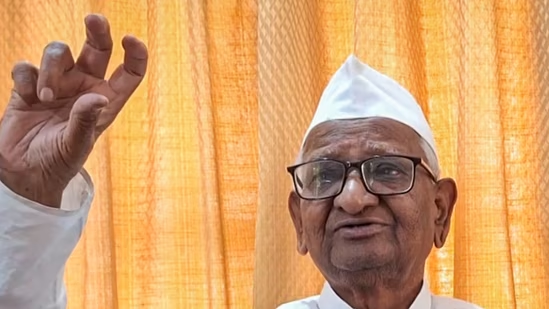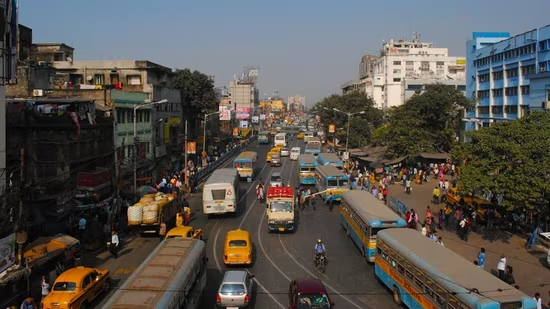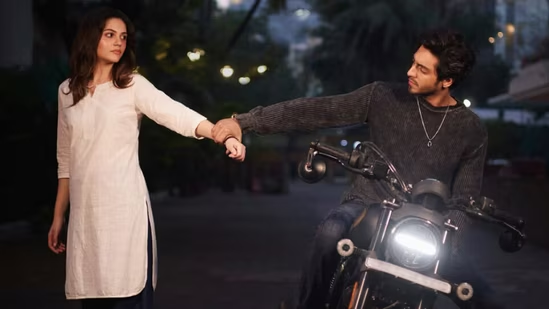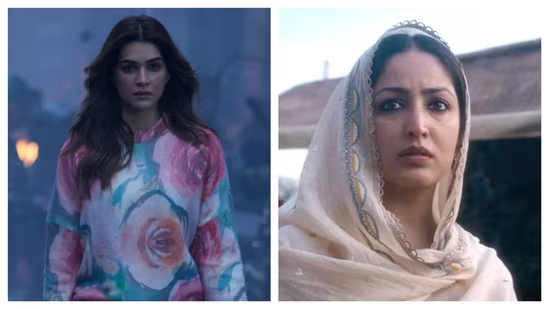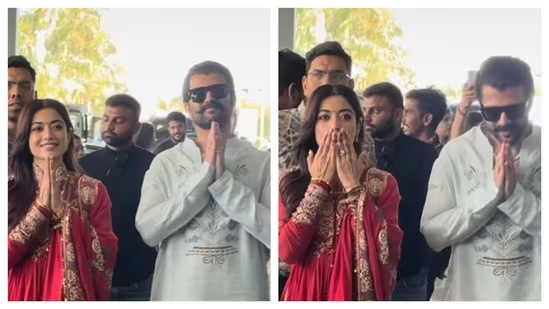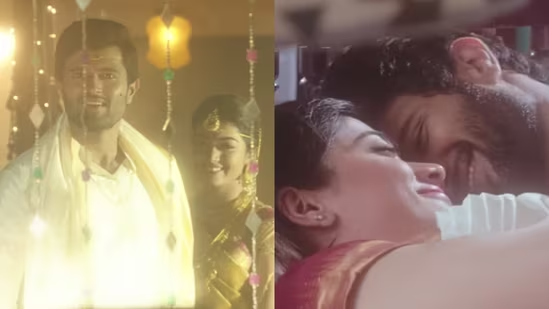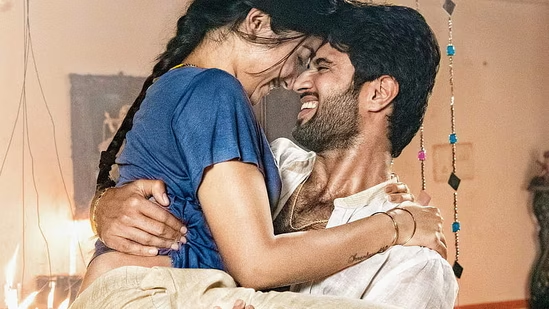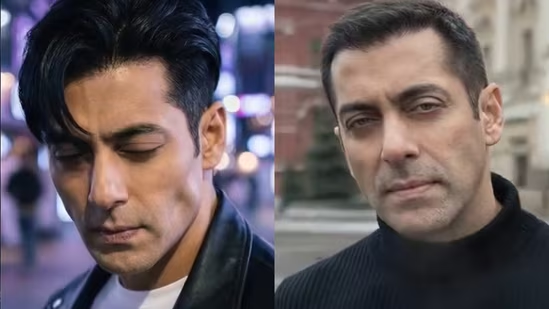The Supreme Court on Monday pulled up Congress leader Rahul Gandhi for his remarks about the Indian Army during the Bharat Jodo Yatra in December 2022, remarking that “a true Indian will not say all this,” even as it stayed criminal defamation proceedings against him.
The apex court questioned Gandhi’s choice of words and the platform he used to make his contentious statement.
The court was hearing Gandhi’s challenge to a May 29 Allahabad High Court order that had refused to quash a trial court’s summons in a defamation case.
The proceedings arose from Gandhi’s December 2022 comment during the Bharat Jodo Yatra, where he alleged the Chinese Army had “captured 2,000 sq km of Indian territory,” “killed 20 Indian soldiers,” and “thrashed our jawans in Arunachal Pradesh.”
A bench of Justices Dipankar Datta and Augustine George Masih ordered a stay on further trial court proceedings.
“Why do you have to say this in media or social media posts? Were you there? How did you get to know that 2,000 square kilometres has been captured?” the bench asked Gandhi’s lawyer, senior counsel Abhishek Manu Singhvi.
Singhvi argued that his client, though a public servant, retains the fundamental right to freedom of speech under Article 19(1)(a) of the Constitution.
“Being a member of Parliament does not take away this right,” said Singhvi, adding that the remark was made to prompt the media to raise uncomfortable but necessary questions about national security.
The court, however, expressed its disapproval.
“You go on saying Article 19(1)(a), but as leader of the Opposition, should you really be making such statements at a time of cross-border conflict?” the bench asked Singhvi.
The court reminded that such sensitive statements must be made, if at all, in Parliament, not in public forums or media briefings.
“Whatever you have to say, why don’t you say in the Parliament? Why do you have to say this in social media posts?”
The court agreed to examine key legal issues raised by the Congress leader, including his claim that the trial court’s summons was issued without giving him a hearing – a point Singhvi said was not considered by the high court. The bench appeared open to scrutiny of this issue, and also took note of Singhvi’s objection that the complainant could not be considered an “aggrieved” person under the defamation law, as required for maintainability of the complaint.
Senior advocate Gaurav Bhatia, representing the complainant, opposed the stay and defended the trial court’s decision. The court, however, said it would hear all objections after three weeks.
The complaint, filed by Uday Shankar Srivastava, a retired director of the Border Roads Organisation (BRO), accused Gandhi of defaming the Indian Army and attempting to demoralise soldiers through “false and baseless” claims. The statement in question, made during a press interaction on December 9, 2022, referred to the border clash in Arunachal Pradesh’s Yangtse sector.
According to the complaint, Gandhi’s remarks were made “knowingly and mischievously,” with an intent to demoralise the army and mislead the public. The complainant, Srivastava, pointed out that the army had issued an official statement after the Yangtse faceoff, clarifying that the Chinese troops were successfully repelled. He alleged that Gandhi’s statement was not only factually incorrect but also damaging to national integrity and morale.
In its May 29 order, the Allahabad High Court had refused to quash the February 11 summoning order, noting that a prima facie case had been made out against Gandhi. It also dismissed Gandhi’s argument that the statement was made in the course of his official duties, ruling that prior sanction under Section 197 of the CrPC was not needed.






